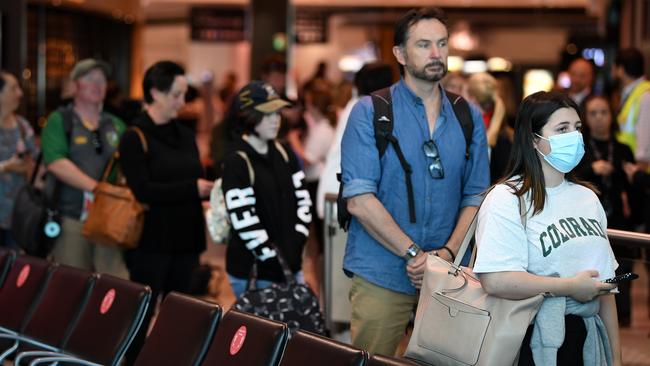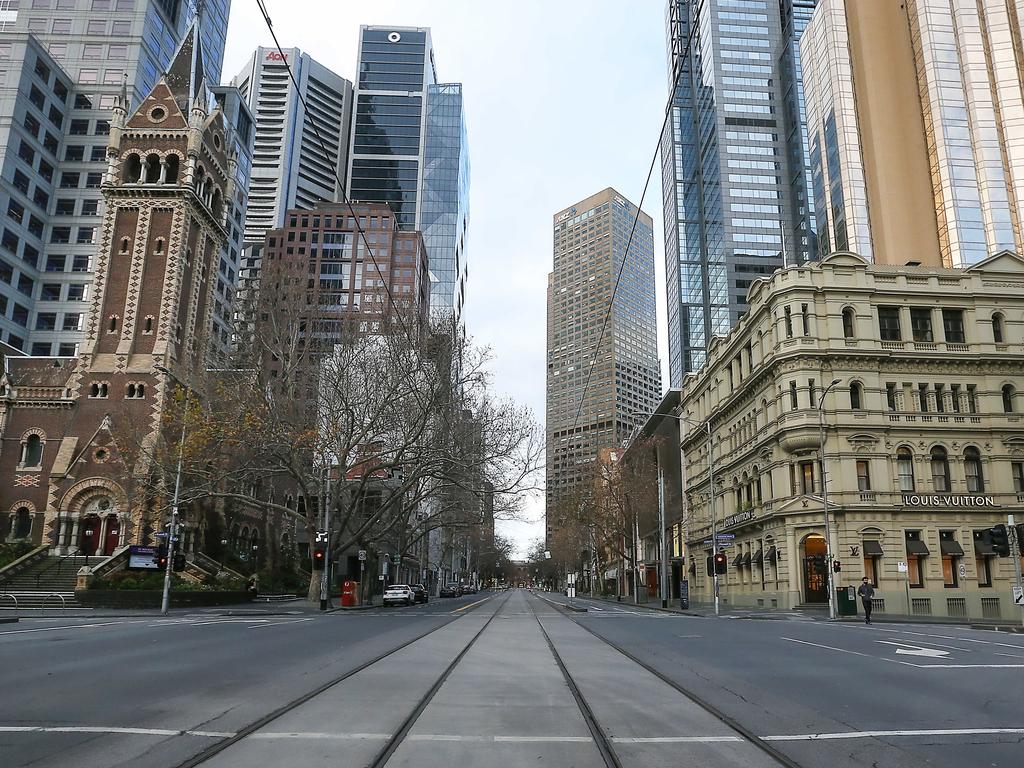Voters to go cool on Big Australia
Bipartisan support for high levels of immigration is unlikely to continue after the COVID-19 crisis, new research suggests.

Bipartisan support for high levels of immigration is unlikely to continue after the COVID-19 crisis because voter appetite for curbing population growth will increase, according to the Australian Population Research Institute.
A report by the think tank — written by academics Bob Birrell and Katharine Betts — uses data from a survey in November 2019 to claim half of Australians want to reduce immigration levels.
“At least half the electorate is concerned about the effects of rapid immigration-fuelled population growth on their quality of life. The conditions that made it possible to sustain a Big Australia and ignore this concern no longer exist in the post-COVID environment,” the report says.
“The stock of voters at risk in a labour market deep in a COVID-induced recession is large. So is the number of those fearful of the health consequences of further high immigration, and potentially deeply resentful of actions that would mock the sacrifices they have made.
“If the Coalition, or Labor, does try to revive a Big Australia many of these voters would respond readily to any attempt to mobilise them. In such circumstances immigration would become a public issue, far more salient to the electorate than was the case before the virus.”
The survey of more than 2000 people showed only 30 per cent of respondents agreed with the Treasury view that immigration was needed to support economic growth. Respondents who wanted immigration levels cut were concerned about congestion, high house prices and the impact on the environment.
The report also claims supporters of the Coalition, Labor and the Greens are far more supportive of immigration cuts than the candidates of each party.
The report says 44 per cent of voters surveyed thought immigration had “gone too far” compared to 34 per cent of the 370 surveyed candidates from the 2019 federal election.
More than half of Coalition voters and 38 per cent of Labor voters expressed concern about immigration levels, compared to 31 per cent of Coalition and 2 per cent of Labor candidates. Twenty per cent of Greens voters argued immigration levels were too high, compared to 6 per cent of the party’s candidates. More than half of the 63 Greens candidates surveyed wanted immigration numbers to increase.
The report shows population policy was one reason for a major political realignment in Australia in the past 20 years, with tertiary educated voters backing Labor and the Greens more than right-wing parties since 2001 in a reversal of the 20th-century trends. “Graduate voters have moved in the reverse direction. From 2001 an average of 56 per cent of non-graduates have voted for right-leaning parties while 54 per cent of graduates have voted for left-leaning parties (Labor and the Greens),” the report says.








To join the conversation, please log in. Don't have an account? Register
Join the conversation, you are commenting as Logout